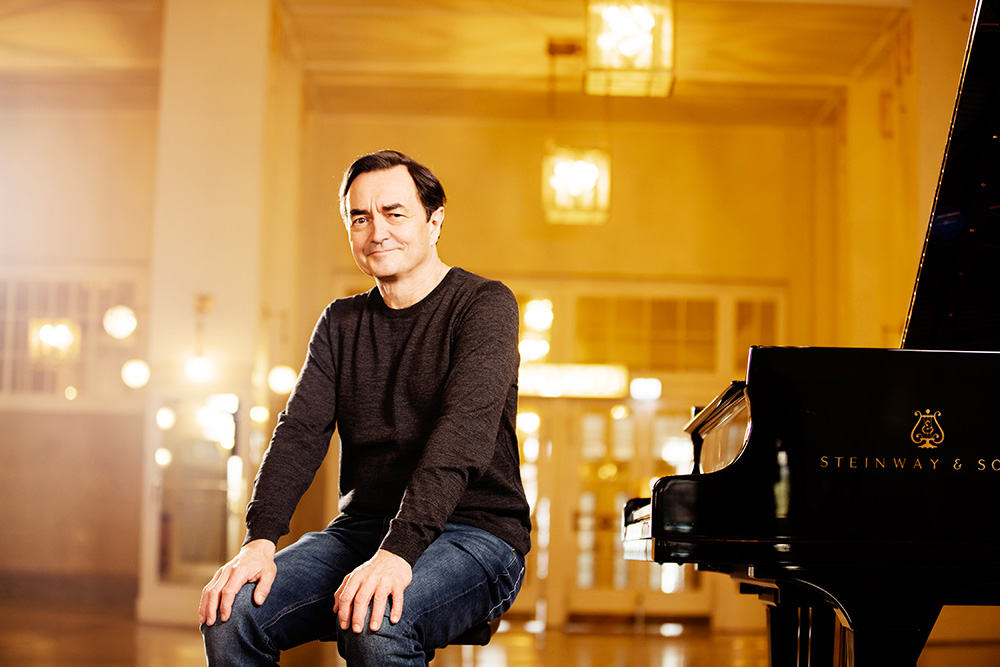BEETHOVEN’S FATE SYMPHONY
Concert partner

Programme
- Ludwig van Beethoven: Piano Concerto No. 1 in C major Op. 15
- Toshio Hosokawa: In the Forest (Czech premiere)
- Ludwig van Beethoven: Symphony No. 5 in C minor Op. 67 “Fate”
Performers
- Kammerakademie Potsdam
- Antonello Manacorda – conductor
- Pierre-Laurent Aimard – piano
Pre-Concert Talk with Antonello Manacorda and Pierre-Laurent Aimard at 6.45 pm (in English)
Antonello Manacorda is one of the world’s most eminent conductors of Classical and early Romantic music. He has been Artistic Director of Kammerakademie Potsdam since 2010 and will be appearing in the Czech Republic for the first time, conducting the ensemble in a performance of Ludwig van Beethoven’s “Fate” Symphony and Piano Concerto No. 1. The programme also includes the Czech premiere of the piece In the Forest by Japanese composer Toshio Hosokawa, inspired by the bamboo grove found in the mountains outside Hiroshima, where Hosokawa spent his childhood listening to classical music on cassette tapes. The role of soloist will be entrusted to a stellar artist well known to Prague audiences, Pierre-Laurent Aimard, “a brilliant musician and an extraordinary visionary”, as the Wall Street Journal described him.
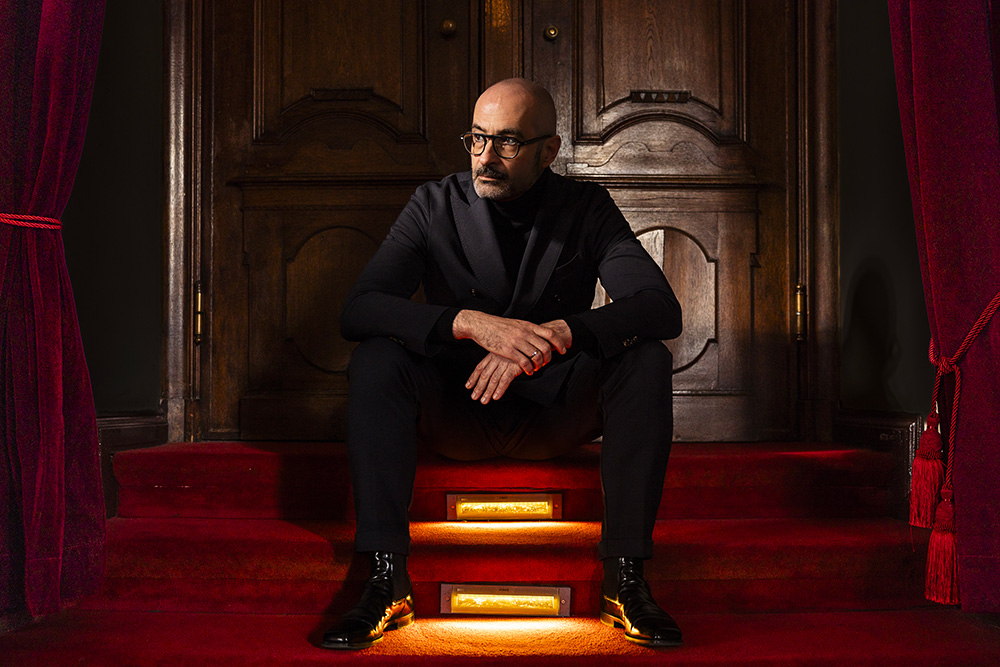
The versatility of conductor Antonello Manacorda is rooted in the vibrancy of his musical and cultural background: he was born in Turin, he comes from an aristocratic Breton family, he acquired his education in Amsterdam and he lived for many years in Berlin. Before he decided to study conducting with the legendary Finnish teacher Jorma Panula, whose pupils included Esa-Pekka Salonen, Jukka-Pekka Saraste and Gen Z star Klaus Mäkelä, as an excellent violinist he was a founding member of Claudio Abbado’s Chamber Orchestra of Europe and Mahler Chamber Orchestra. Over a quarter of a century he has earned his place among the conducting elite. Last season alone he made guest appearances at the Vienna State Opera, Teatro La Fenice and the Royal Opera House in Covent Garden and he has given successful debuts at New York’s Metropolitan Opera, the Paris Opera and the Bavarian State Opera. He has conducted the Berlin Philharmonic, Bavarian Radio Symphony Orchestra and the Orchestra dell’Accademia Nazionale di Santa Cecilia. Prague will be one of the last cities where Antonello Manacorda will appear as Music Director of Kammerakademie Potsdam; this season he concludes his fifteen-year tenure with the ensemble.
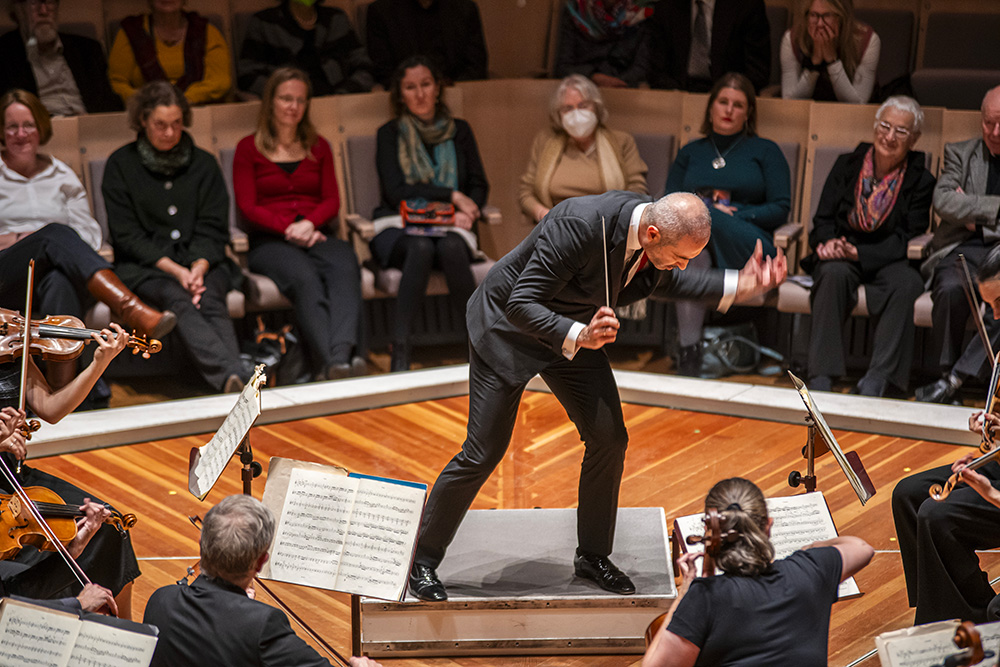
“In the last few years Kammerakademie Potsdam has grown into one of Germany’s finest chamber orchestras,” stated WDR radio. Over the fifteen years of Manacorda’s direction KAP has evolved into an ensemble with a fascinating programme repertoire, collaborating with some of the world’s most distinguished performers. Over the last couple of seasons they have accompanied the likes of Kirill Gerstein, Isabelle Faust, Christian Tetzlaff, Tabea Zimmermann and Magdalena Kožená. Harpsichordist and conductor Václav Luks is another familiar face on the ensemble’s concert platform. Kammerakademie Potsdam has developed its characteristic sound thanks to a combination of modern instruments and period performance practices. “With KAP we always try to “learn the language” of every composer,” Manacorda explains. “We use a mix of modern strings and winds but with natural brass instruments. This allows us to achieve a sound that is maybe closer to the original,” he adds.
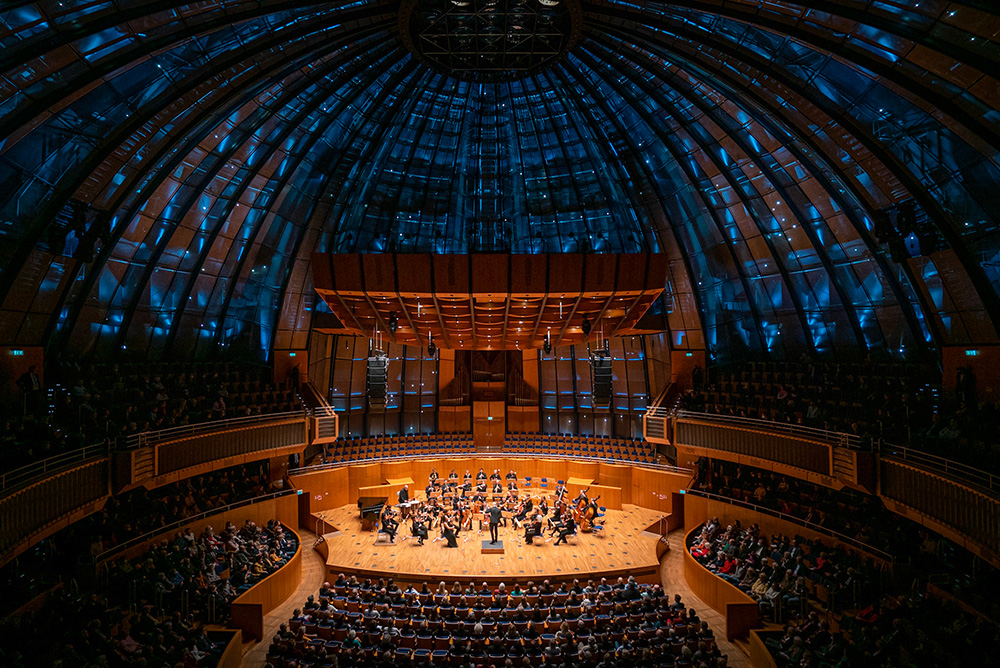
Ludwig van Beethoven (1770–1827) is something of a calling card for the ensemble. Kammerakademie Potsdam and conductor Antonello Manacorda released the complete Beethoven symphonies for Sony Classical in March 2024. “Beethoven intended each of his symphonies, at least from the Eroica onwards, to be a dynamic, transformative experience. For me this superbly played and recorded set – fiery, punchily disruptive, yet caring for the long lyrical line – makes his point,” wrote Gramophone in praise of this recording. The magazine critic spoke highly of this “fusion of old and new”, a trend set by the legendary Nikolaus Harnoncourt. The album featuring the Beethoven symphonies expands what is already an impressive discography for the ensemble, which boasts a series of important awards, including the Opus Klassik and the title Orchestra of the Year.
“Most of the time, creative ideas come from nature – I like oceans, mountains and forests; I have a house on top of a mountain, so that’s a good place for creative work, says Toshio Hosokawa (*1955), a composer who instinctively associates the compositional process with the concepts of Zen Buddhism and its symbolic interpretation of nature. “We admire the fragility and brevity of cherry blossoms, but the sound of music doesn’t last long, either – it fades away and silence sets in…” Hosokawa’s works have been presented at the Salzburg and Lucerne festivals, at Aix-en-Provence and La Monnaie in Brussels, and they have been performed by the Berlin Philharmonic and the Cleveland Orchestra under such names as Kent Nagano, Sir Simon Rattle and Robin Ticciati. A pupil of Isang Yun, Hosokawa likens his melodies to “Japanese calligraphy”, and his musical creations have won a series of important awards, among them the BASCA British Composer Award 2013.
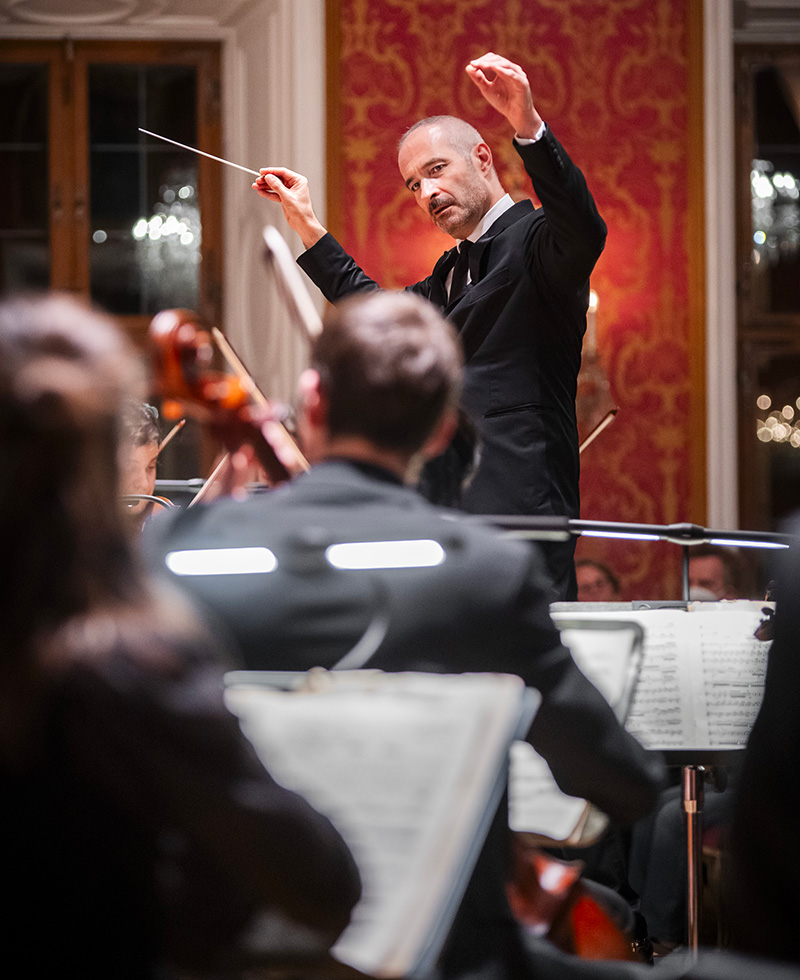
Pierre Laurent-Aimard feels just at home with Baroque, Classical and Romantic music as he does with works by contemporary composers. As a soloist he has appeared with some of the world’s most distinguished orchestras, including the Berlin Philharmonic, the Chicago Symphony Orchestra and the New York Philharmonic, and he has worked with such legendary composers as Pierre Boulez, Gÿorgy Ligeti and Elliott Carter. The combination of modern instruments and period practice is not a new phenomenon for him. He recorded all five Beethoven concertos for Teldec with the Chamber Orchestra of Europe and conductor Nikolaus Harnoncourt, a key figure in historically informed interpretation. “The freshness of this set is remarkable. You do not have to listen far to be swept up by its spirit of renewal and discovery,” wrote the British magazine Gramophone. Aimard’s performance of Beethoven’s Piano Concerto No. 1 which, in fact, was written after his Second, promises to be one of the highlights of the Prague Spring 2025. All the more so since Prague was the setting for one of the first public presentations of this work, given in 1798 by the composer himself.
